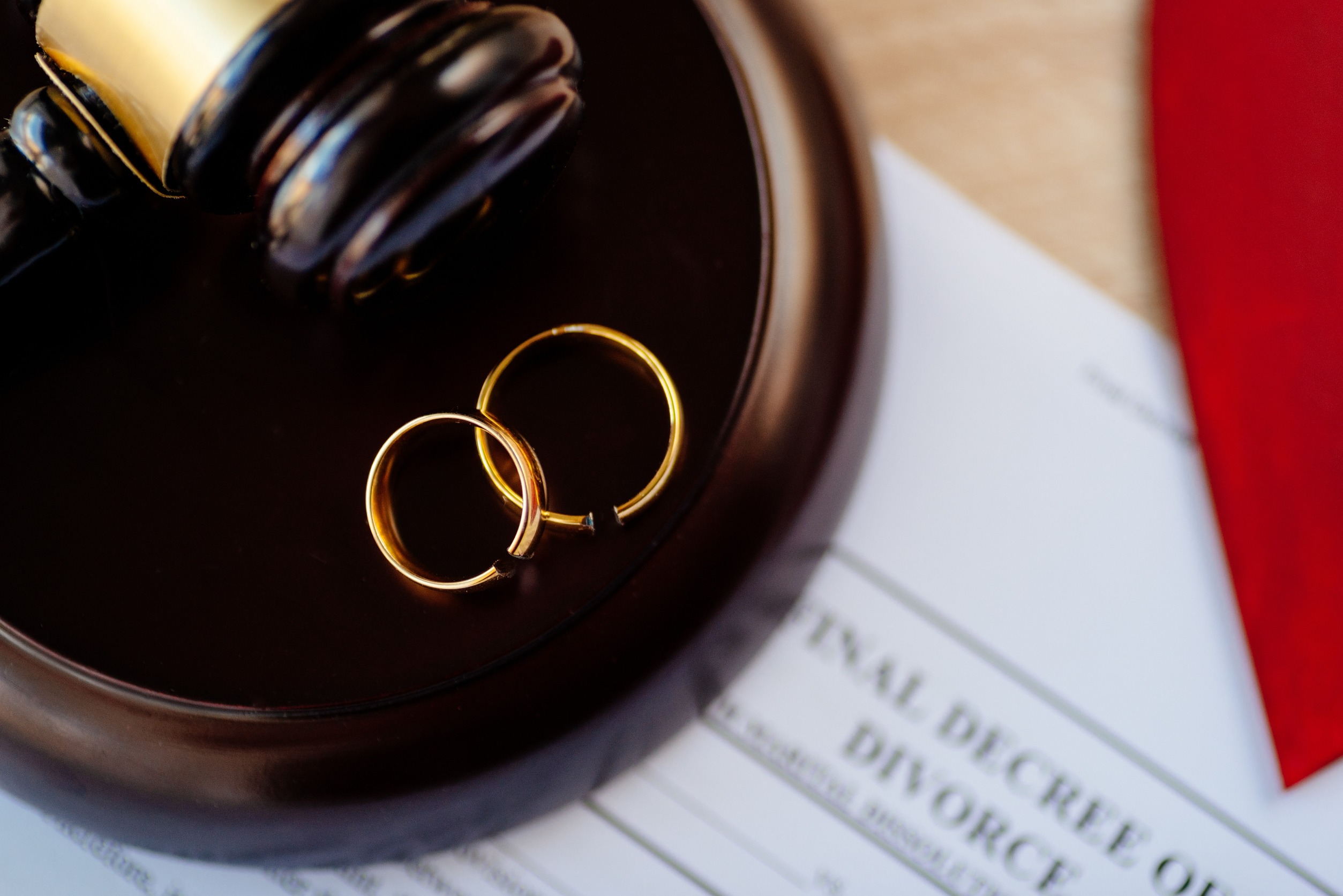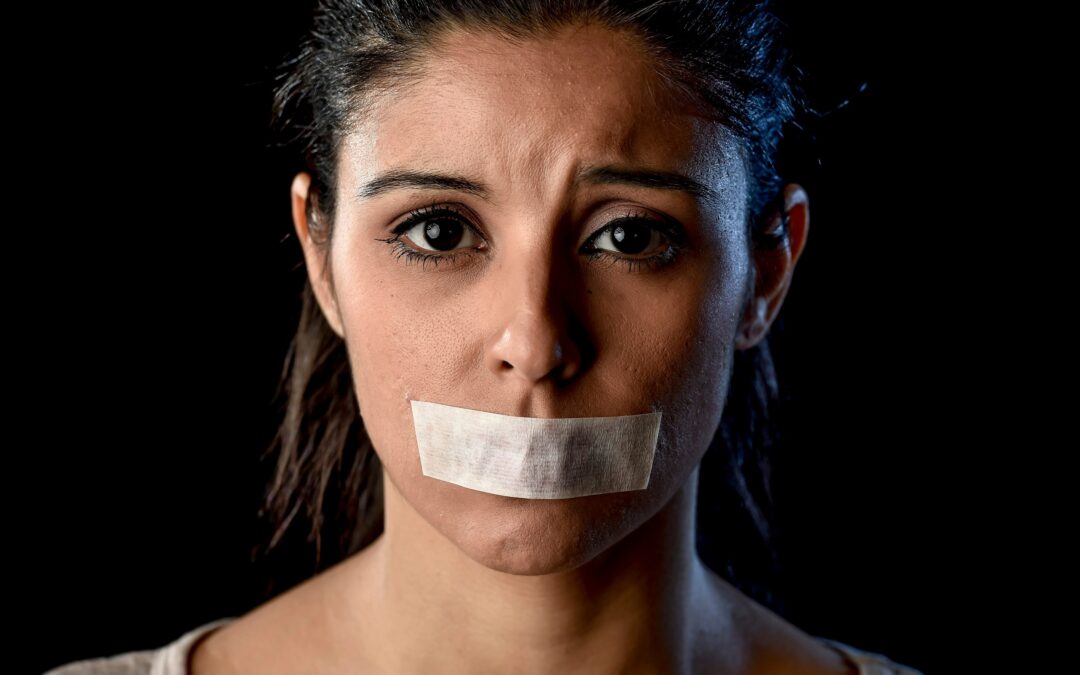Domestic violence has a significant impact on individuals and families. It shatters the illusion of a haven and creates a toxic environment where fear and abuse are constant companions.
The pervasive nature of this trauma often leads many to consider divorce as a necessary step towards safety and rebuilding their lives. Here’s a look at how domestic violence is connected to divorce and the role of an attorney in handling such cases.
The Nature and Impact of Domestic Violence
Domestic violence covers a range of abusive behaviors. It happens in the form of physical abuse, involving acts of violence that cause bodily harm. There is also emotional and psychological abuse, including verbal threats, manipulation, and isolation, which affect the victim’s mental health and self-esteem.
Some victims can also be financially abused when their partner restricts their access to financial resources. This creates a dependency on the abuser.
Short-Term and Long-Term Effects on Victims
The effects of domestic abuse and violence are both immediate and long-lasting. Physically, victims may suffer from injuries, chronic pain, and long-term health issues. There could also be emotional and psychological effects like anxiety, depression, and post-traumatic stress disorder (PTSD).
In some cases, these impacts extend to children and family dynamics, as witnessing abuse can lead to behavioral and emotional problems in children. This pervasive trauma undermines the victim’s ability to maintain a healthy marriage, often making divorce a necessary step.
Domestic Violence as a Ground for Divorce
In many jurisdictions, including Tampa, FL, domestic violence is legally a ground for divorce. This recognition underscores that no one should endure abuse, and victims have the right to seek the dissolution of marriage for their safety and well-being.
When it comes to divorce cases, the courts expect victims to present evidence and documentation of the abuse to support their case. If you’re in Tampa, FL, a reputed lawyer can be instrumental in guiding victims through this process and ensuring they take all necessary legal steps.
Steps Involved in the Legal Process
When it comes to divorcing an abusive partner, the legal process involves several critical steps. This process helps victims secure protection from their abuser. These steps include:
- Initial Consultation: Meeting with a divorce lawyer to discuss the situation and legal options.
Gathering Evidence: Collecting documentation, witness statements, and physical evidence of abuse. - Filing for Protective Orders: Submitting legal paperwork to obtain protective orders against the abuser, establishing immediate safety.
Court Proceedings: Initiating divorce proceedings in court, where the lawyer represents the victim’s interests. - Advocacy and Representation: Advocating for fair asset division, custody arrangements, and legal protections.
- Finalization of Divorce: This involves concluding the process while ensuring that all legal measures are in place to safeguard the victim from further harm.

Challenges Victims May Face
Victims of domestic violence face numerous challenges during the process. Fear of retaliation from the abuser can stop them from seeking legal and psychological help. Emotional and psychological barriers, such as feelings of guilt and shame, can also complicate the decision to leave. Financial dependency on the abuser adds another layer of difficulty. These factors can create a sense of isolation, which is detrimental to the divorce process.
A skilled lawyer can offer the necessary support to overcome these challenges, checking the victim’s security.
The Role of a Lawyer in Filing for Divorce
A divorce attorney is crucial in guiding victims through the complex legal process. This includes assisting with protective orders, which legally restrict the abuser’s contact with the victim. This approach is important in providing immediate safety and setting the stage for divorce proceedings.
Providing Legal Advice and Representation
This is a cornerstone of a divorce lawyer’s role, particularly in cases involving domestic violence. They offer expert guidance on navigating the complexities of family law and explain the legal rights and options available. This also includes helping victims with asset division, alimony, and child custody decisions.
A good attorney can handle these decisions with sensitivity and discretion to support the client’s needs and goals.
Advocating for the Victim’s Protection and Well-Being
Divorce lawyers primarily advocate for outcomes prioritizing a victim’s safety and well-being. They coordinate closely with law enforcement and support services to guarantee immediate protective measures. Through clear communication and strategic counsel, they empower their clients to make wise choices during challenging times.
A good lawyer’s goal is to foster a path toward a safer and more stable future beyond the confines of an abusive relationship.
Emotional and Psychological Support
This is a vital component of the role of a divorce attorney, especially when representing clients who have experienced domestic abuse. Beyond legal advice, they recognize the impact of emotional trauma on their clients and connect them with counseling services and support groups specialized in assisting abuse survivors.
By addressing the emotional toll, they ensure their clients receive holistic care. This helps them rebuild confidence, heal from past trauma, and navigate the complexities of starting anew.
Negotiation and Settlement
In some cases, divorce proceedings may involve negotiation and settlement discussions between the parties involved. Lawyers play a significant role in advocating for their client’s interests while prioritizing their protection. They work diligently to reach fair agreements, ensuring that any proposed settlement considers the client’s long-term financial stability and emotional health.


